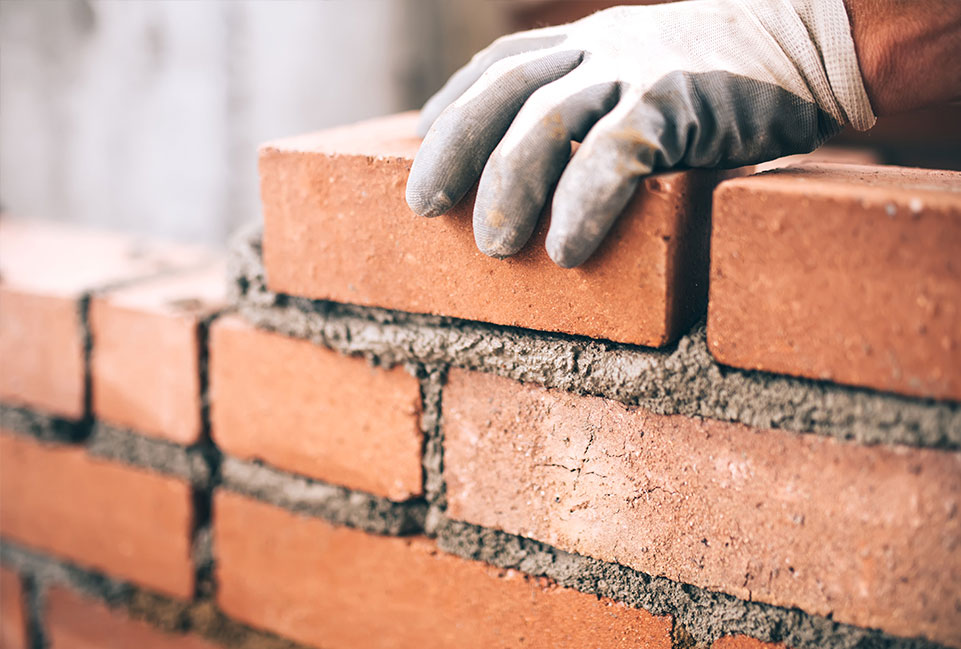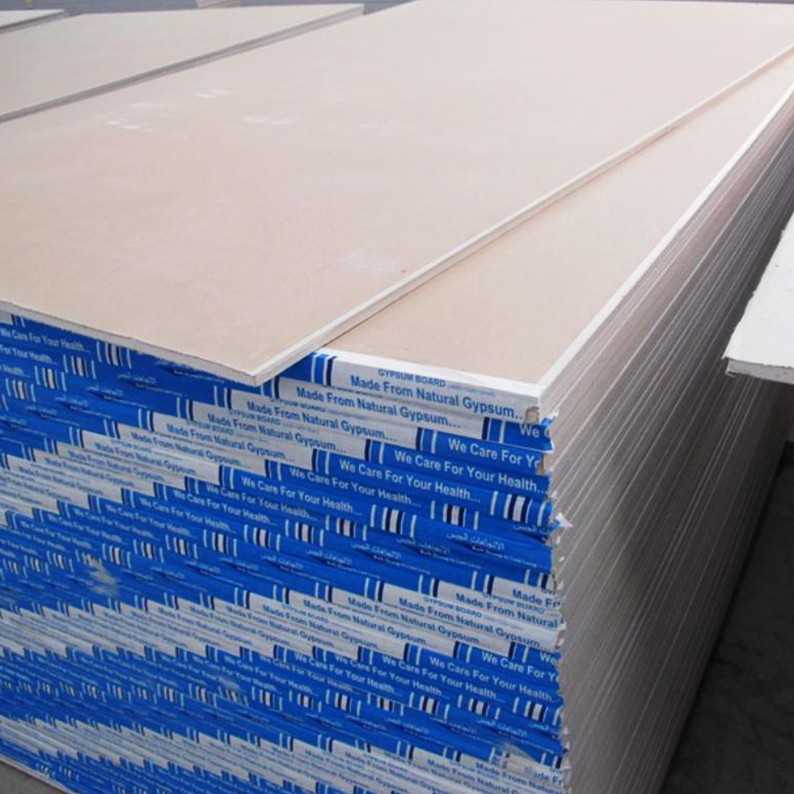In the world of construction and manufacturing, the choice of materials plays a crucial role in determining the success and longevity of a project. From skyscrapers to automobiles, the materials used must possess specific properties to withstand various environmental factors and structural demands. In this article, we will delve into the four types of materials commonly employed in construction and manufacturing, highlighting their unique characteristics and applications.
- Concrete: The Foundation of Modern Construction
Concrete, a composite material, is widely regarded as the backbone of modern construction. Composed of cement, aggregates, water, and additives, concrete offers exceptional strength, durability, and versatility. Its ability to be molded into any shape makes it ideal for constructing foundations, walls, and pavements. Additionally, concrete's thermal properties and fire resistance make it a reliable choice for buildings in diverse climates. - Steel: The Structural Marvel
Steel, renowned for its strength and flexibility, is a vital material in construction and manufacturing. Its high tensile strength allows for the creation of robust structures that can withstand heavy loads and extreme weather conditions. Steel's versatility enables architects and engineers to design innovative and complex structures, such as bridges, high-rise buildings, and industrial facilities. Moreover, steel's recyclability makes it an environmentally friendly choice. - Wood: The Timeless Material
Wood, a natural and renewable resource, has been used in construction for centuries. Its unique combination of strength, aesthetics, and sustainability makes it a preferred choice for various applications. From traditional timber-framed houses to contemporary wooden structures, wood offers excellent thermal insulation and acoustic properties. Furthermore, wood's ability to sequester carbon dioxide contributes to reducing the carbon footprint of construction projects. - Plastics: The Modern Innovator
Plastics have revolutionized the construction and manufacturing industries with their lightweight, durable, and cost-effective properties. From PVC pipes to insulation materials, plastics offer exceptional resistance to corrosion, chemicals, and weathering. Their versatility allows for the creation of intricate designs and shapes, making them ideal for applications such as windows, roofing, and electrical components. Additionally, the recyclability of certain plastics contributes to sustainable practices in the industry.
Conclusion:
The four types of materials discussed - concrete, steel, wood, and plastics - are the pillars of construction and manufacturing. Each material possesses unique properties that cater to specific project requirements. Concrete provides strength and durability, steel offers structural integrity, wood combines aesthetics and sustainability, while plastics bring innovation and versatility. By understanding the characteristics and applications of these materials, professionals in the industry can make informed decisions, ensuring the success and longevity of their projects.




